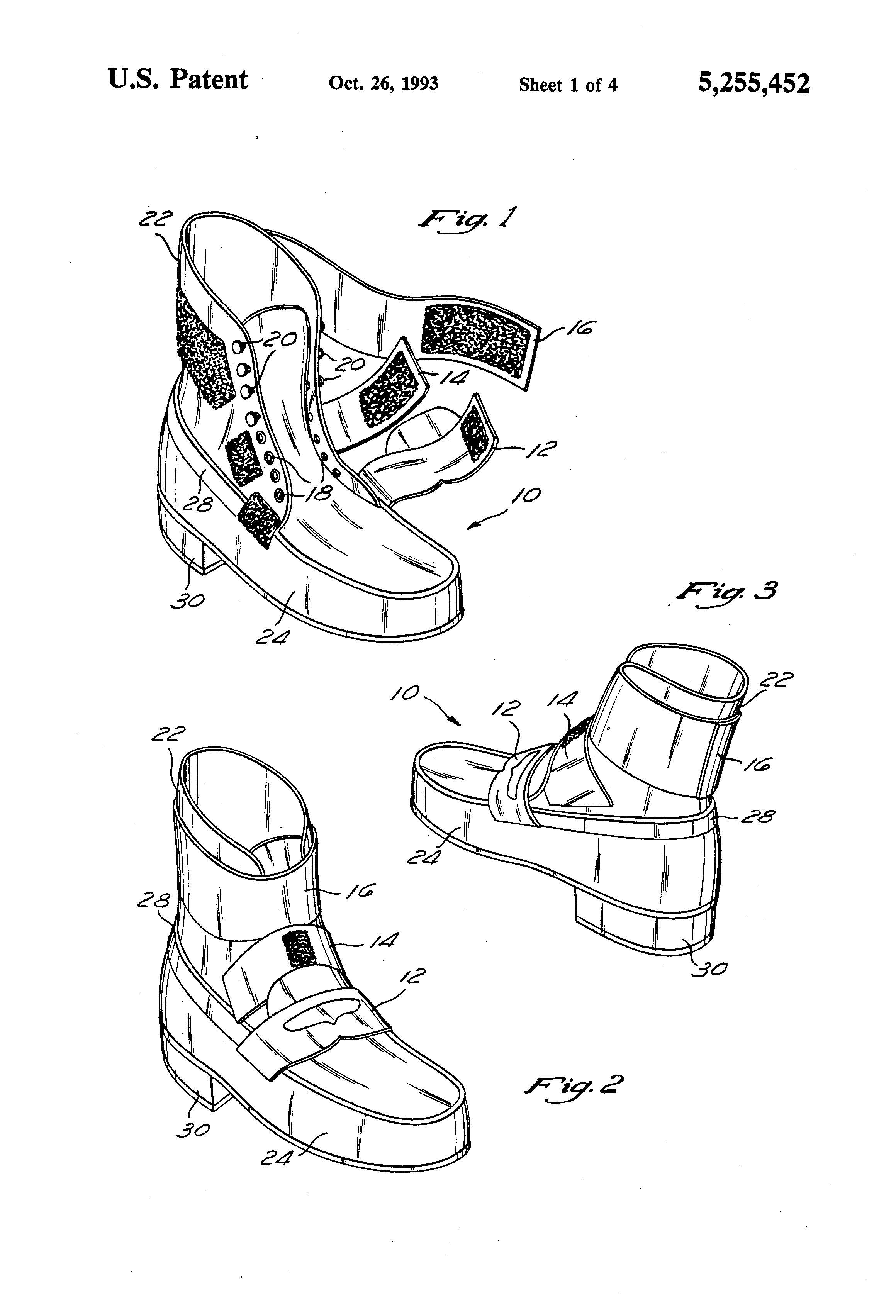LifeLock Official Site | Identity Theft Protection – Norton
what is identity theft and are you at risk?
identity theft is a crime in which someone accesses information to commit fraud, typically by obtaining false credentials, opening new accounts in someone else’s name, or using someone else’s existing accounts.
Identity theft is a serious crime in the United States. More than $12.6 billion was stolen from identity theft victims in 2019, according to an online survey of 5,020 US adults conducted by the Harris Survey on behalf of NortonLifelock, January 2020.
You can take steps to help prevent your identity from being stolen. First, you’ll need to know how identity theft happens and how to detect it.
how identity theft happens
There are many ways that identity theft can happen to you. hackers can get your information from a data security breach. Or you may unknowingly provide it on social media, during conversions that others can hear, or by leaving financial documents in unsecured places. that information may include:
- social security number
- full name, address and date of birth
- credit card or bank account numbers
- car or health insurance account numbers
- details that can alert people to your account recovery questions, such as your mother’s maiden name or hometown
- Criminal Identity Theft: Occurs when someone commits a crime and gives the police false identification information
- medical identity theft: when a thief steals a health insurance card and obtains medical care or prescription drugs
- tax identity theft: when a thief files a tax return in your name and keeps your refund
- Child identity theft: when a thief opens accounts using a child’s social security number
- shoulder surfing: Occurs when thieves look over your shoulder as you type sensitive information into a computer, phone, or ATM. or they can listen while you make a call and provide their account information.
- dumpster diving: when a thief rummages through your dumpster. discarded credit card checks are just two sources of valuable personal information.
- Public Wi-Fi: Public Wi-Fi generally doesn’t encrypt data, so anyone with the Wi-Fi password and some hacker knowledge can monitor what’s going on. go and what you send the hacker could commit identity theft if they intercept your information.
- unencrypted websites: Make sure a website is encrypted before using it for a financial transaction. usually you will see a picture of a lock in the url field, and the url will contain “https”, which means it is secure.
- Phishing: Beware of identity thieves who contact you from a phone number or email address designed to look familiar and trustworthy. the goal is to obtain personal information from you.◊
- notice withdrawals from your bank account that you did not make.
- does not receive invoices or other mail.
- You get calls from debt collectors about debts you didn’t incur.
- you see unknown accounts or charges on your credit report.
- you get medical bills for services you didn’t get.
- a health plan won’t insure you because your medical records indicate a condition you don’t have.
- The irs sends you a letter saying that more than one tax return was filed in your name. or the irs notifies you that he has income from an employer he never worked for.
- You have been notified by a company you do business with that your personal information was accessed in a data breach.
- contact the company where your information was misused, tell them there was fraudulent activity on your accounts, and close them.
- file a police report.
- Contact the three major credit bureaus (transunion, equifax, and experian) and consider placing a fraud alert on your credit. this ensures that future creditors will take additional steps to verify your identity.
- consider a credit freeze, which is stronger than a fraud alert and ensures that no one can use your credit to open new accounts. you will still need to monitor existing accounts.
- If you don’t have a credit monitoring account, consider opening one.
- change your password, so it’s strong and unique, for all your online accounts.
- online: identitytheft.gov
- by phone: 1-877-438-4338
- you can update your recovery plan.
- you can track your progress.
- you receive a pre-filled form letter to send to creditors.
- you know the identity thief.
- the thief used his name in any interaction with the police.
- a creditor or other business affected by identity theft requires you to file a police report.
- Keep your social security number in a safe place. avoid carrying it. do not provide your social security number unless absolutely necessary.
- protect your personal information. do not respond to unsolicited requests by phone, email, or online for your name, date of birth, social security number, or bank account number.
- Collect your mail promptly. put your mail on hold when you’re away for several days.
- enable security features on your mobile devices.
- contact submitter if financial statements are past due.
- check your credit card and financial statements for unauthorized transactions.
- shred documents and mail that contain sensitive personal information.
- install firewall and virus detection software on your home computer.
- Use complex passwords and change them regularly.
- Check your credit reports annually. You can get a free credit report from each of the three major credit bureaus once a year at annualcreditreport.com.
With this information, criminals could impersonate you, max out your credit cards, rent an apartment, steal your frequent flyer miles, or perform other bad fantasies. thieves can even access a deceased person’s social security number, commit fraud and create problems for the estate.
types of identity theft
You’ve probably heard of or had some experience with thieves who steal credit card numbers or money from a bank account. To help detect this type of identity theft, set up account alerts, scan your credit card and bank statements, and look for charges you don’t recognize.
but there are other types of identity theft to look for.
and that doesn’t cover everything. You can read more about these and other types of identity theft, including work identity theft and senior identity theft.
techniques identity thieves use
Criminals are eager to get their hands on your data everywhere, online and offline. That’s one of the basic facts about identity theft. so it’s smart to understand how thieves steal your information and how to counter it.
two ways thieves steal your information offline
3 Ways Thieves Can Steal Your Information Online
what to look for? a suspicious email can include bad spelling or grammar, an unofficial-looking email address, an urgent request for information, and an attached file or link.
if you receive a suspicious email, contact the entity yourself and verify that it really is an email from the person or company you trust.
Identity Theft Warning Signs
Certain clues could indicate that you are a victim of identity theft. it’s a good idea to keep an eye out for those indicators so you can act quickly and take steps to help minimize the damage. the ftc cites some of the common warning signs:
That’s just a sample. you can read more about these and other warning signs of identity theft, including a sudden drop in your credit score.
how to recover from identity theft
identity theft happens. reacting quickly may be the most important thing you can do. Here are the steps you can take if you’ve been the victim of identity theft.
report identity theft
If you think you’ve been the victim of identity theft, it’s important to report the crime to the Federal Trade Commission. here is where to start:
the website will guide you through the process. you will receive an identity theft report and recovery plan. creating an account on the website offers these benefits:
If you report identity theft to the FTC over the phone, the agency will collect details related to the theft. will not provide you with an identity theft report or recovery plan.
In some cases, you may also choose to report identity theft to your local police station. according to the ftc, it may be necessary in these circumstances:
how to help protect yourself from identity theft
No one can prevent all identity theft. But there are things you can do to protect yourself. you can read in more detail about ways to help protect yourself against identity theft, but usa.gov points out some basic precautions:

